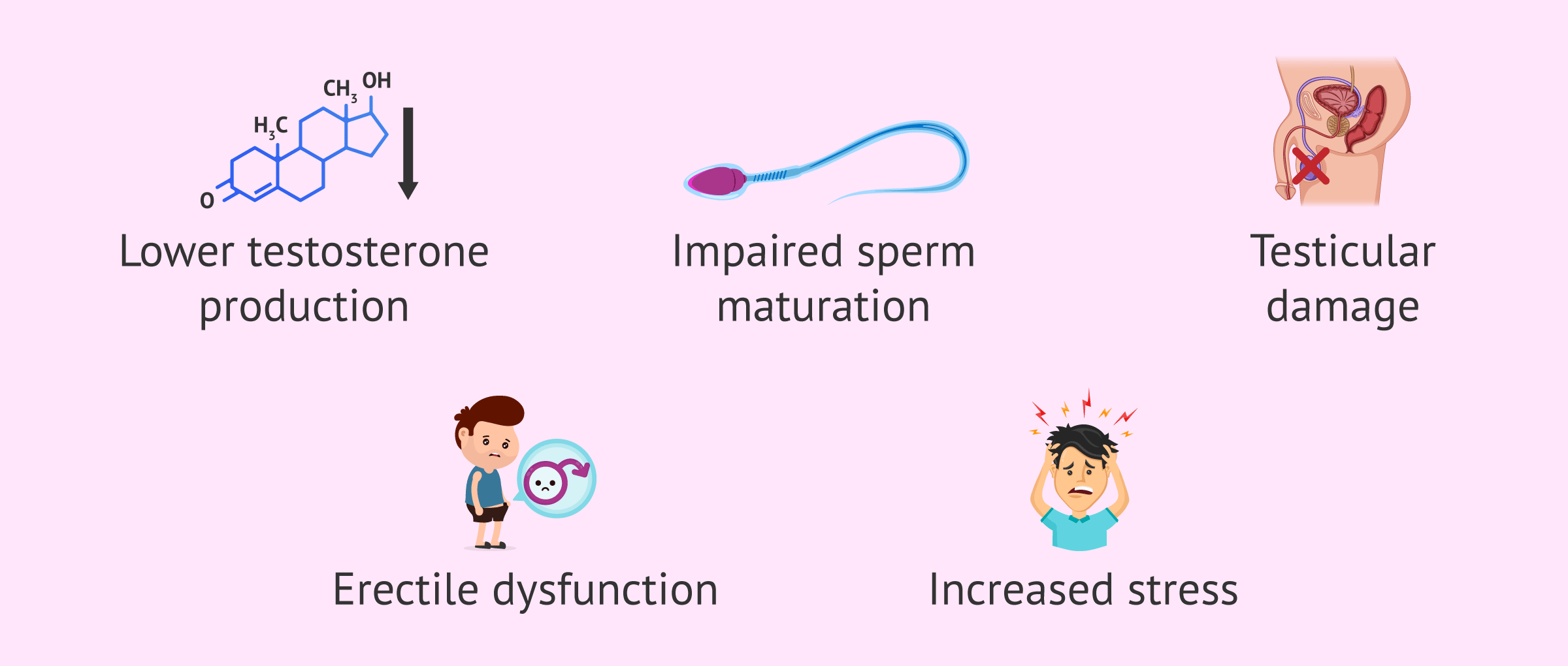Becoming a father is one of the biggest dreams in a man’s life. But what if simple lifestyle habits are secretly stopping this dream from coming true? At Trinity Women Hospital, we meet many couples struggling to conceive. And when we look deeper, we find that the problem is not always with the woman—many times it’s the man’s lifestyle choices, especially smoking and alcohol, that silently hurt fertility.
Most men know smoking and drinking are bad for the lungs, heart, and liver. But very few understand how directly they attack male fertility and sperm health. Whether it’s low sperm count, poor sperm quality, or performance issues, these habits can ruin a man’s chances of fatherhood.
In this blog, let’s explore in simple words the 5 shocking ways smoking and alcohol hurt male fertility, what the risks are, and how men can take charge of their reproductive health.

Why Focus on Male Fertility?
I
nfertility is often thought of as a women’s issue, but that’s far from the truth. Studies show that:
- 50% of infertility cases involve male factors.
- Lifestyle habits like smoking and alcohol are among the biggest preventable causes of infertility in men.
- Men who smoke or drink heavily are twice as likely to face fertility problems compared to non-smokers and non-drinkers.
At Trinity Women Hospital, we always explain to couples that both partners should focus on fertility health, not just the woman.
1. Hormonal Imbalance
Hormones are like messengers in the body. For men, the most important fertility hormone is testosterone, which controls sperm production and sex drive.
- Smoking effect: Chemicals in cigarettes reduce testosterone and disturb the balance of other reproductive hormones. This lowers sperm production and decreases sex drive.
- Alcohol effect: Drinking increases estrogen (a female hormone) in men, which further reduces testosterone. This imbalance damages fertility.
👉 At Trinity Women Hospital, we test hormone levels in men struggling with infertility. In many cases, smoking and alcohol are the hidden reasons behind low testosterone.
2. Reduced Testicular Function
Your testicles are like small factories that make millions of sperm every day. But smoking and alcohol slowly damage these factories.
- Cigarette smoke contains harmful chemicals like cadmium, nicotine, and lead that harm testicular tissues.
- Alcohol reduces the size of testicles and slows down sperm production.
This means fewer sperm, weaker sperm, and lower chances of pregnancy. Many men ignore this until they face repeated IVF or IUI failures. Our fertility experts at Trinity Women Hospital explain how quitting these habits can help the testicles recover and produce healthier sperm.
3. Sperm Abnormalities
It’s not just about sperm count; sperm must also be strong, healthy, and shaped correctly to reach the egg. Smoking and alcohol damage sperm at a genetic and structural level.
- Smoking: Increases oxidative stress, causing sperm with abnormal shape (poor morphology).
- Alcohol: Increases DNA fragmentation, which reduces fertilization ability.
When sperm are weak, they cannot fertilize eggs properly, even during IVF. At Trinity Women Hospital, semen analysis often reveals that men with smoking and drinking habits have poor motility and morphology, making conception harder.
4. Sexual Performance Issues
Fertility is not only about sperm but also about sexual performance. Both smoking and alcohol interfere with this.
- Smoking damages blood vessels, leading to erectile dysfunction (difficulty in maintaining an erection).
- Alcohol slows down the nervous system, lowering arousal and sexual stamina.
This creates a cycle of stress and frustration. Men lose confidence, and couples feel more pressure. At Trinity Women Hospital, we support men by treating performance issues along with fertility care, so they feel confident in their fatherhood journey.
5. Genetic Risks for Baby
One of the most shocking effects of smoking and alcohol is the risk they pose to the baby. Even if conception happens, sperm damaged by smoking or alcohol can carry genetic defects.
This increases risks of:
- Miscarriages
- Stillbirths
- Birth defects
- Developmental disorders in children
At Trinity Women Hospital, we explain to couples that fertility is not just about achieving pregnancy but also about ensuring a healthy baby. Quitting smoking and alcohol reduces these risks and helps protect future generations.
How Smoking and Alcohol Affect IVF & IUI Success
Many couples turn to fertility treatments like IVF or IUI. But even advanced treatments are less successful if the male partner smokes or drinks heavily.
- IVF requires strong, healthy sperm to fertilize eggs. Damaged sperm lower success rates.
- Alcohol-related hormonal imbalance can cause poor sperm count, leading to failed IUI attempts.
This is why our doctors at Trinity Women Hospital always advise men to quit smoking and reduce alcohol at least 3–6 months before starting fertility treatments.
Can Fertility Improve After Quitting Smoking and Alcohol?
Yes! The good news is that sperm health can improve after quitting these habits.
- Sperm production takes around 70–90 days. This means within 3 months of quitting, men can see healthier sperm.
- Testosterone levels start to balance naturally after stopping alcohol and smoking.
- Blood flow and sexual performance also improve.
At Trinity Women Hospital, we have seen many success stories where couples conceived naturally or through IVF after the male partner quit smoking and alcohol.
Lifestyle Tips to Improve Male Fertility
- Quit Smoking: Seek medical help, counseling, or nicotine replacement therapy.
- Reduce Alcohol: Limit intake to occasional, moderate levels—or stop completely if planning pregnancy.
- Eat Fertility-Friendly Foods: Almonds, walnuts, spinach, eggs, and fruits boost sperm health.
- Stay Physically Active: Exercise improves blood flow, testosterone, and sperm production.
- Manage Stress: Yoga, meditation, and good sleep reduce stress-related fertility issues.
- Stay Hydrated: Drinking enough water helps sperm movement.
- Get Medical Advice: At Trinity Women Hospital, we offer semen analysis and male fertility consultations.
Emotional Impact of Infertility in Men
Male infertility often brings emotional stress. Men may feel ashamed, guilty, or avoid discussing the issue. But infertility is not a personal failure—it’s a medical condition that can be treated. At Trinity Women Hospital, we provide counseling and compassionate care so couples can face this journey together without stigma.
🤔 FAQs on Smoking and Alcohol – Trinity Women Hospital
Q1. Can smoking and alcohol really cause infertility in men?
Yes. At Trinity Women Hospital, we see many cases where smoking and alcohol reduce sperm count, damage sperm shape, and lower testosterone. These habits are major causes of male infertility.
Q2. How long after quitting smoking and alcohol does fertility improve?
Sperm health starts improving in about 3 months after quitting, as sperm production renews. At Trinity Women Hospital, we monitor recovery through semen analysis.
Q3. Can occasional smoking and social drinking affect fertility?
Even light smoking or heavy weekend drinking can reduce sperm quality. While occasional use may not cause permanent damage, it still lowers fertility chances. Trinity Women Hospital advises avoiding these habits when planning pregnancy.
Q4. Do smoking and alcohol reduce IVF or IUI success rates?
Yes. Couples where the male partner smokes or drinks heavily have lower IVF/IUI success rates. At Trinity Women Hospital, we recommend quitting these habits before treatment for the best outcome.
Q5. Can fertility be restored completely after quitting smoking and alcohol?
In many cases, yes. If there’s no permanent damage, fertility improves greatly within months of quitting. Trinity Women Hospital has helped many men become fathers after lifestyle changes.
Conclusion
Smoking and alcohol are not just harmful habits; they are silent enemies of male fertility. From hormonal imbalance to genetic risks for the baby, their impact is deep and long-lasting. But the good news is—change is possible.
At Trinity Women Hospital, we support men and couples through fertility testing, treatment, and lifestyle guidance. Quitting smoking, reducing alcohol, eating healthy, and exercising can rebuild sperm health and improve chances of natural or assisted conception.
👉 Remember: Your fertility is in your hands. By choosing a healthier lifestyle today, you not only improve your chances of fatherhood but also ensure a healthy future for your baby.

